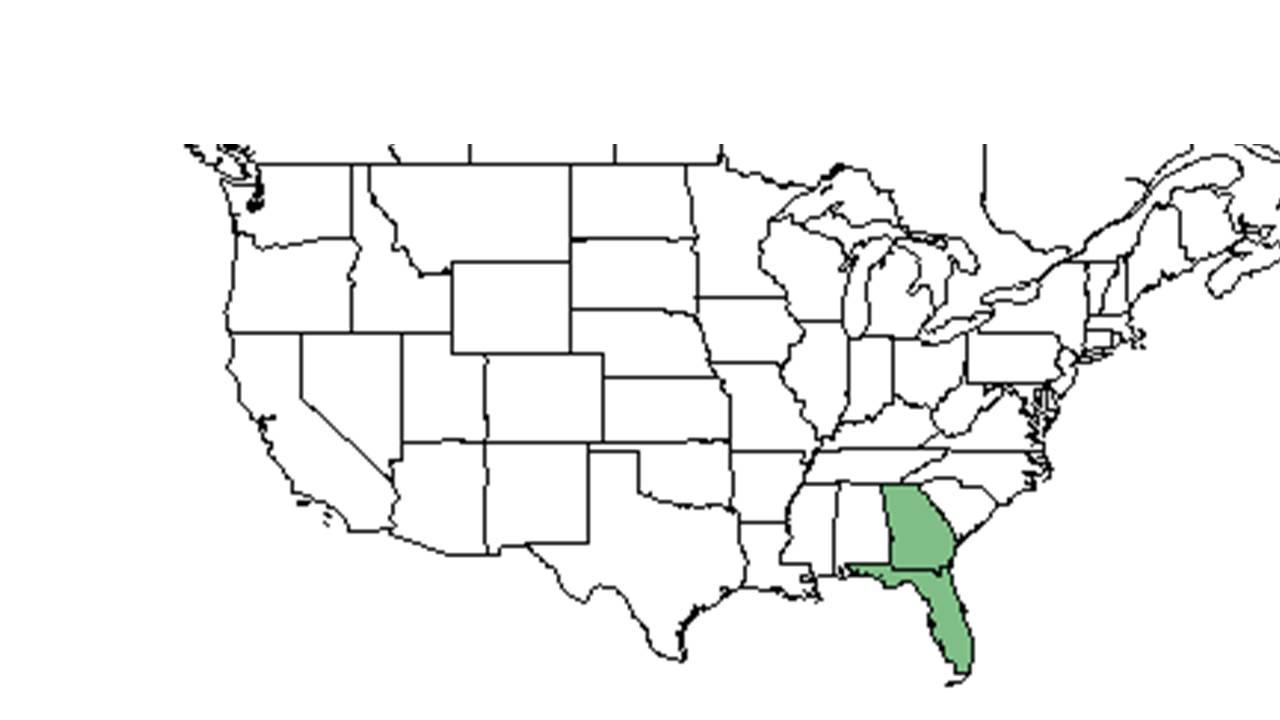Hypericum tetrapetalum
| Hypericum tetrapetalum | |
|---|---|

| |
| Scientific classification | |
| Kingdom: | Plantae |
| Division: | Magnoliophyta - Flowering plants |
| Class: | Magnoliopsida – Dicotyledons |
| Order: | Theales |
| Family: | Clusiaceae ⁄ Guttiferae |
| Genus: | Hypericum |
| Species: | H. tetrapetalum |
| Binomial name | |
| Hypericum tetrapetalum (L.) Crantz | |

| |
| Natural range of Hypericum tetrapetalum from USDA NRCS Plants Database. | |
Common name: fourpetal St. Johnswort
Contents
Description
H. tetrapetalum is a slender plant, usually with few branchings (FSU Herbarium). As its name implies, this species has a tetramerous calyx and corolla (FSU Herbarium).
Distribution
Ecology
Habitat
H. tetrapetalum occurs in wet sandy soils, like those of wetland woodlands, mesic flatwoods, or the margins of Karst ponds (FSU Herbarium). It can also occur in disturbed areas like roadsides (FSU Herbarium).
Phenology
This species has been observed flowering in August (FSU Herbarium).
Seed dispersal
Seed bank and germination
Fire ecology
Pollination
The following Hymenoptera families and species were observed visiting flowers of Hypericum tetrapetalum at Archbold Biological Station (Deyrup 2015):
Halictidae: Augochlorella aurata, Augochloropsis metallica, Lasioglossum coreopsis, L. miniatulus
Megachilidae: Megachile brevis pseudobrevis
Use by animals
Deyrup observed these bees on, but not necessarily pollinating, H. tetrapetalum: Augochlorella aurata, Dialictzcs coreopsis, D. lniniatulusi.[1]
Diseases and parasites
Conservation and Management
Cultivation and restoration
Photo Gallery
References and notes
Deyrup, M.A. and N.D. 2015. Database of observations of Hymenoptera visitations to flowers of plants on Archbold Biological Station, Florida, USA.
Florida State University Robert K. Godfrey Herbarium database. URL: http://herbarium.bio.fsu.edu. Last accessed: June 2014. Collectors: R. A. Norris, Robert K. Godfrey, Steve L. Orzell, and Cecil R Slaughter. States and Counties: Florida: Alachua, Leon, Osceola, and Wakulla. Georgia: Camden and Clinch.
- ↑ Deyrup, M. J. E., and Beth Norden (2002). "The diversity and floral hosts of bees at the Archbold Biological Station, Florida (Hymenoptera: Apoidea)." Insecta mundi 16(1-3).